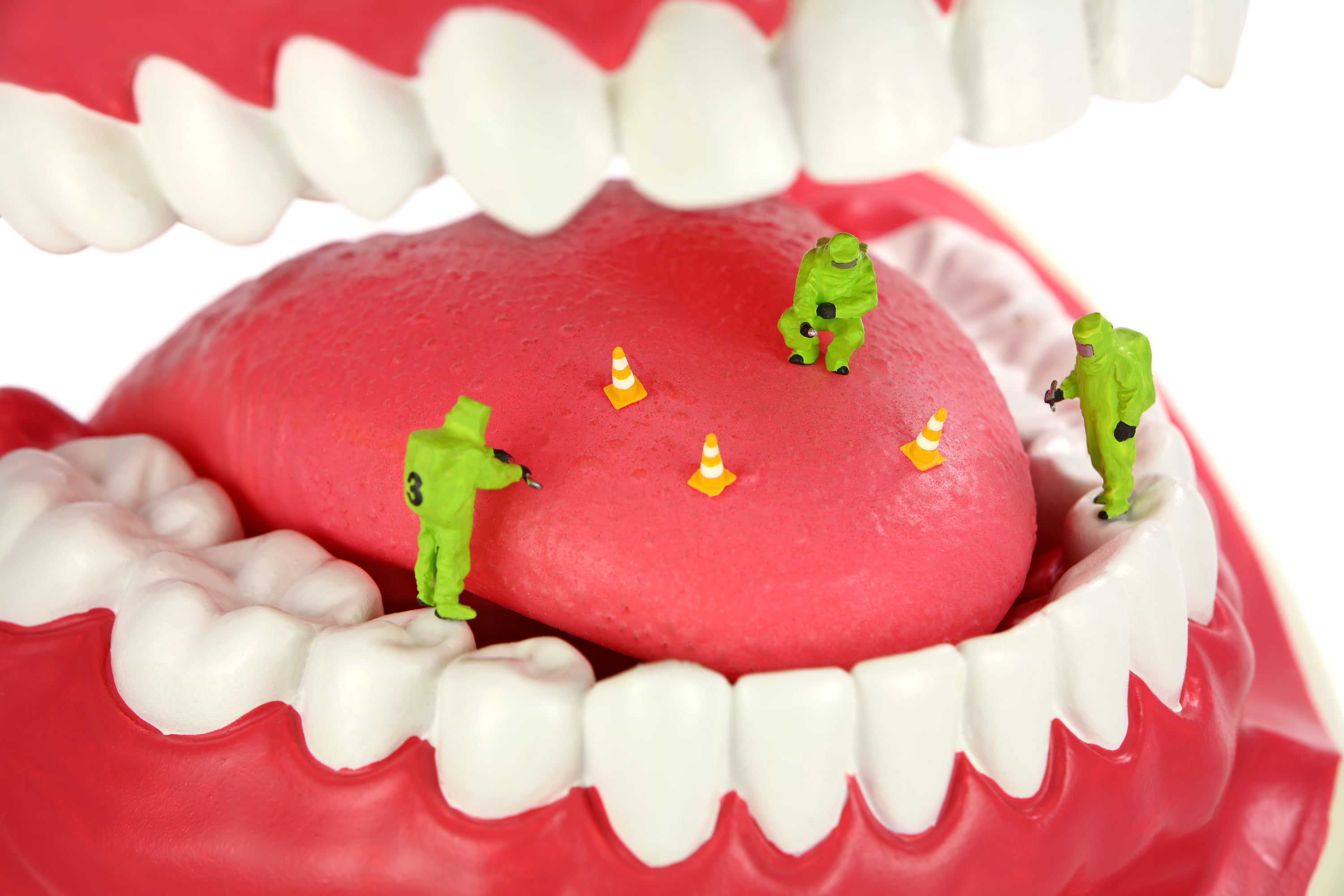Mouth Breathing

Mouth breathing is a common habit that can have significant effects on dental health. Let's explore how this seemingly harmless habit can actually lead to various dental issues.
Increased Risk of Cavities
When you breathe through your mouth, it can lead to a dry mouth. Saliva plays a crucial role in protecting your teeth from cavities by neutralizing acids and washing away food particles. A dry mouth creates an environment where bacteria can thrive, increasing the risk of cavities.
Gum Disease
Mouth breathing can also contribute to gum disease. The lack of saliva caused by mouth breathing can lead to an overgrowth of bacteria in the mouth, which can irritate the gums and cause inflammation. Over time, this can progress to gum disease if left untreated.
Malocclusion
Another consequence of mouth breathing is the development of malocclusion, or misalignment of the teeth. When you breathe through your mouth, it can affect the growth and development of the jaw and teeth, leading to issues such as overcrowding, overbite, or underbite.
Bad Breath
One of the most noticeable effects of mouth breathing is bad breath. A dry mouth provides the perfect environment for odor-causing bacteria to thrive, resulting in chronic bad breath that can be difficult to eliminate.
Prevention and Treatment
If you or someone you know is a chronic mouth breather, it's essential to address the underlying cause. Consulting with a dentist or orthodontist can help identify the root of the issue and develop a treatment plan. Simple lifestyle changes, such as nasal breathing exercises or using a humidifier at night, can also help alleviate the effects of mouth breathing on dental health.
By understanding the impact of mouth breathing on dental health, you can take proactive steps to protect your teeth and gums. Remember, proper breathing techniques are not only beneficial for your overall health but also for maintaining a healthy smile.








